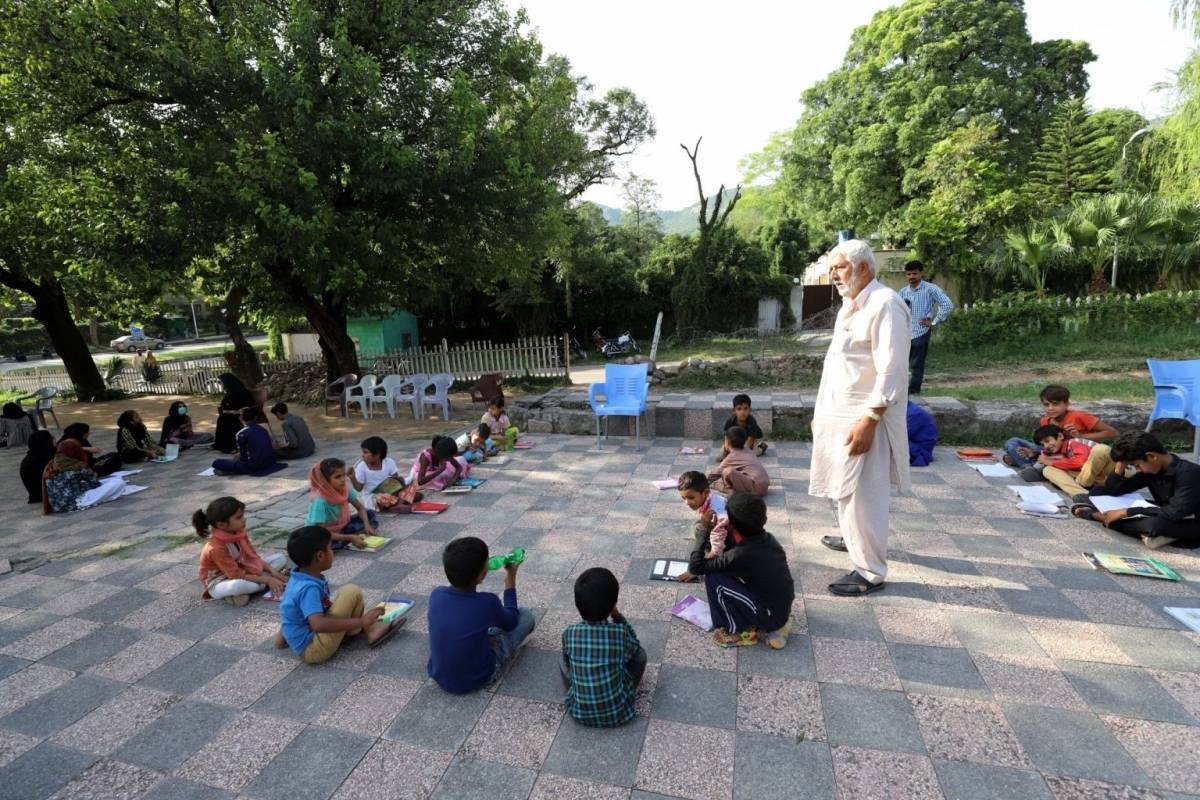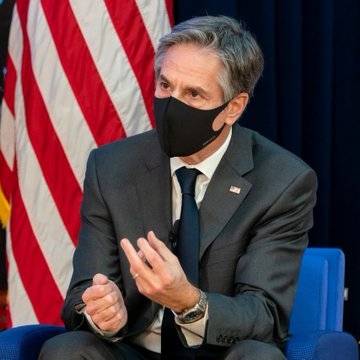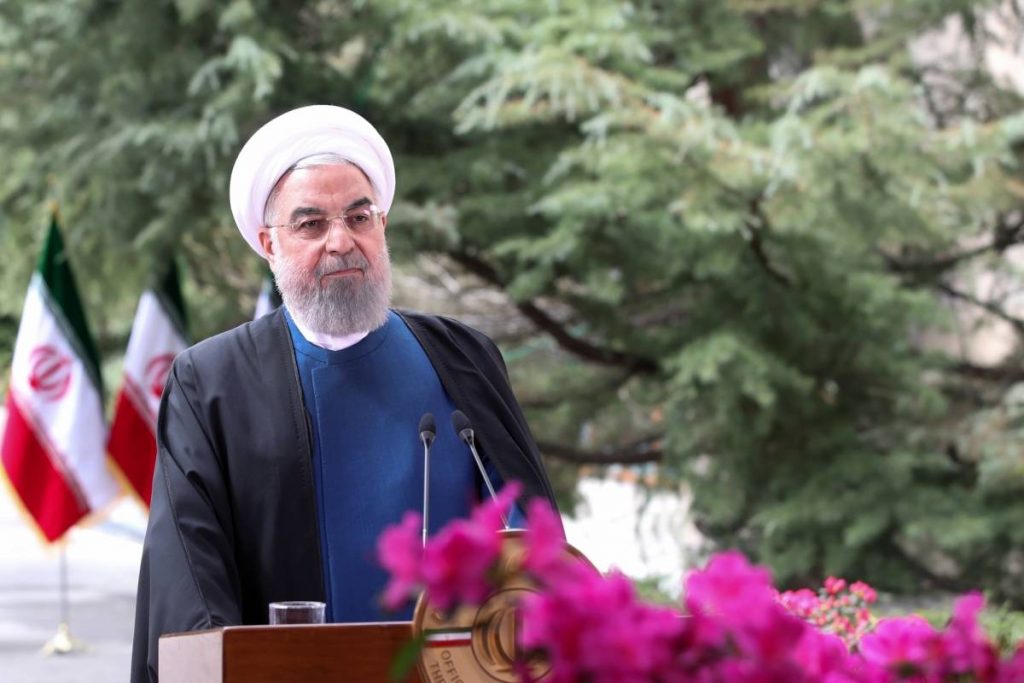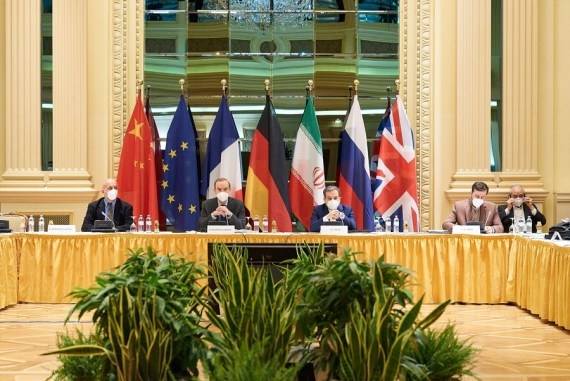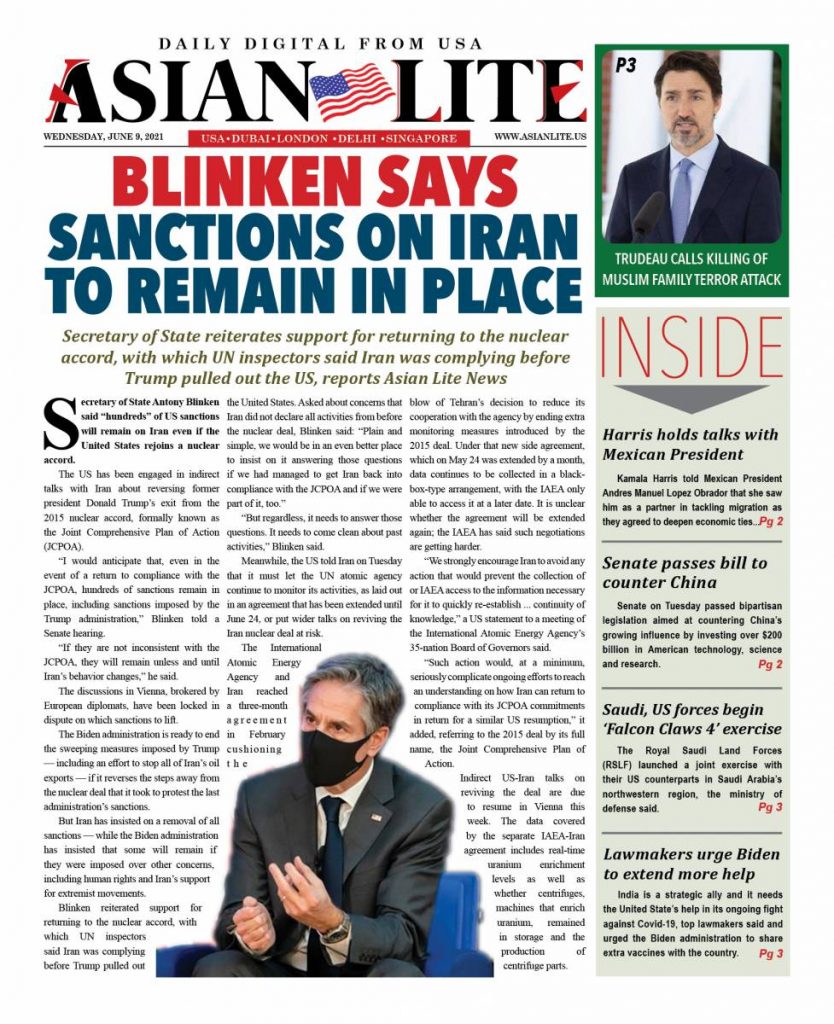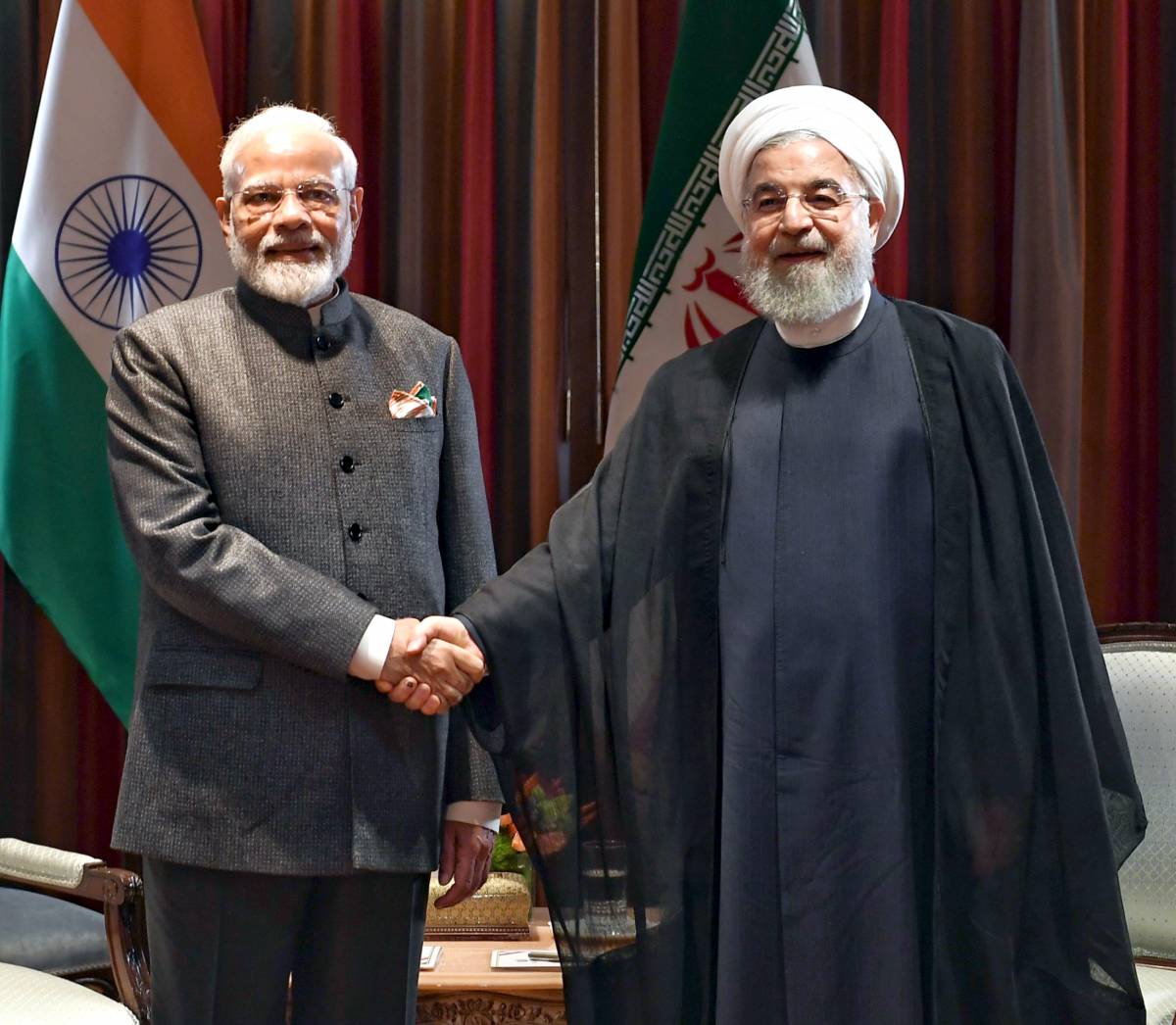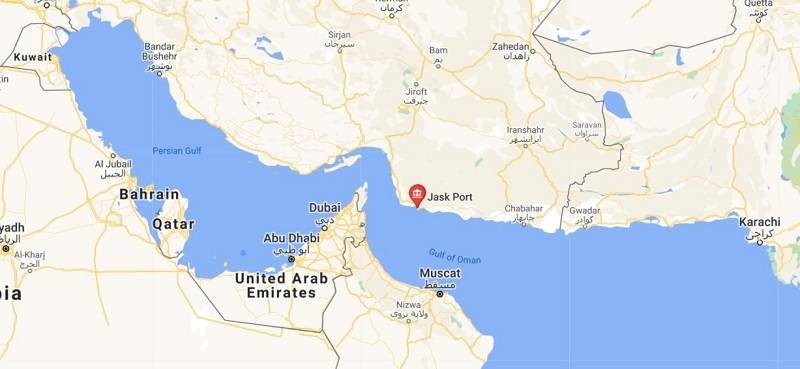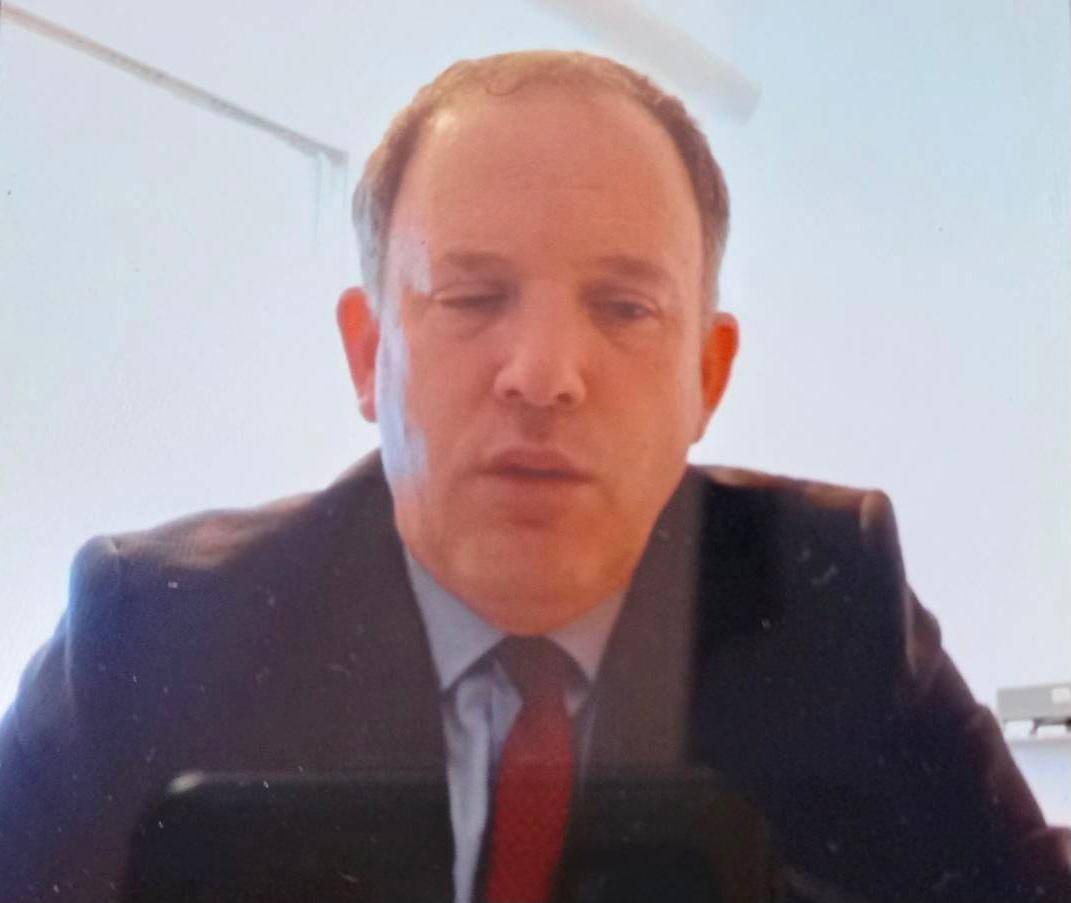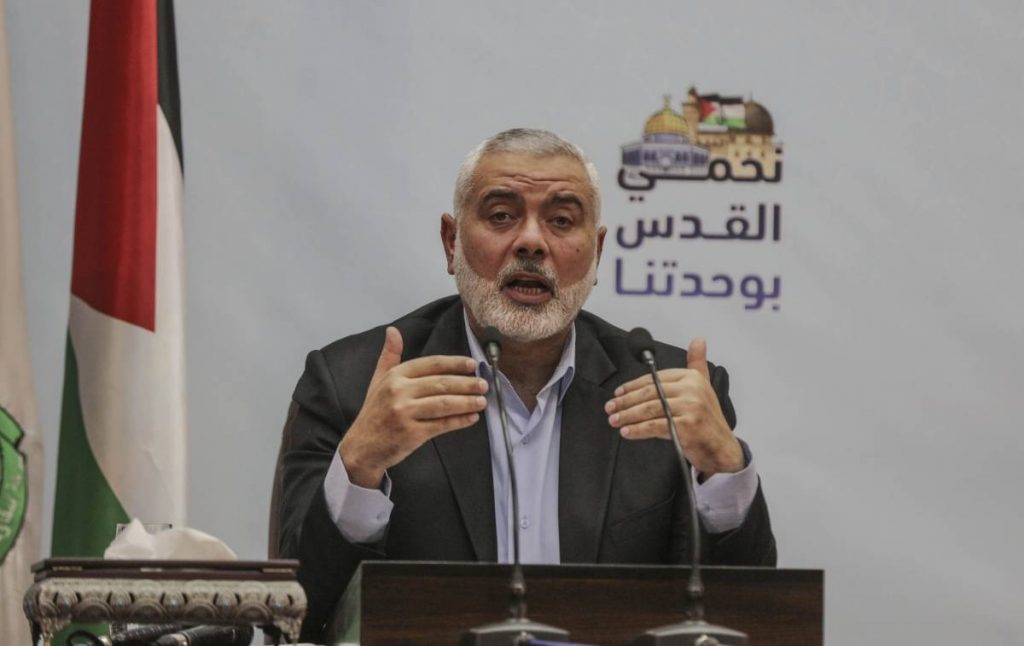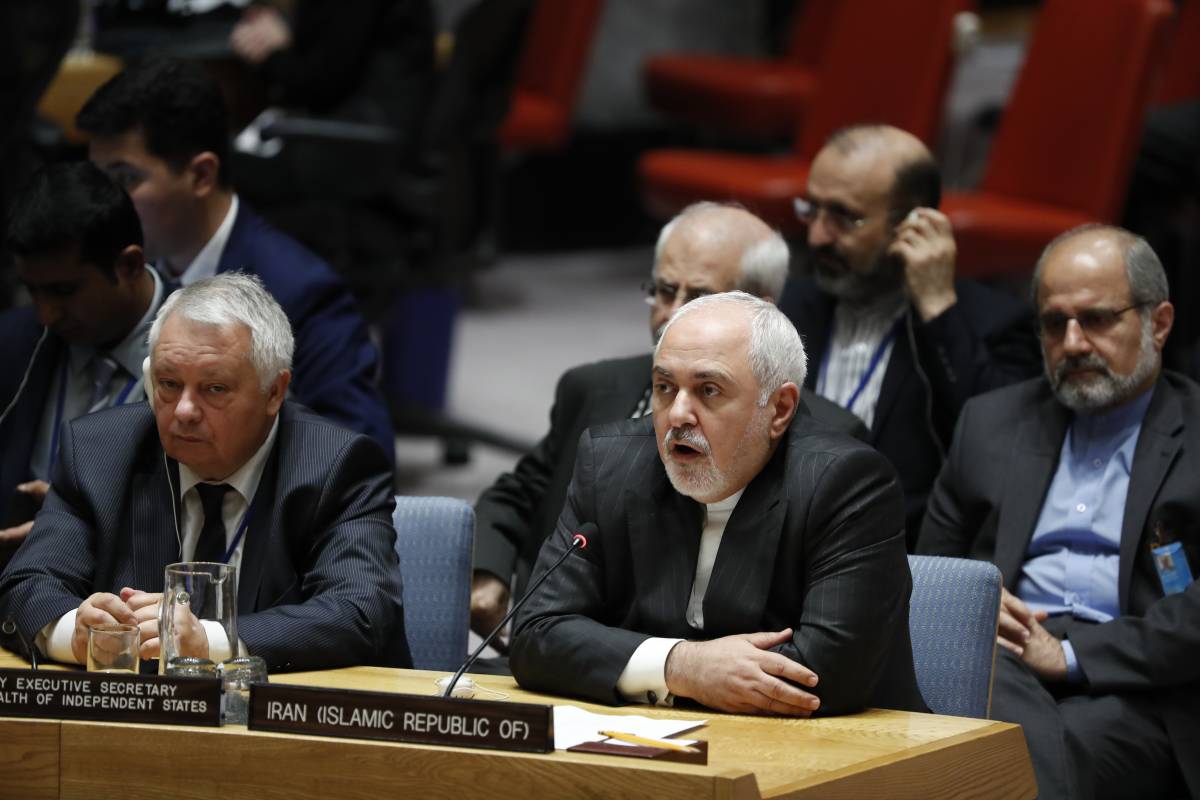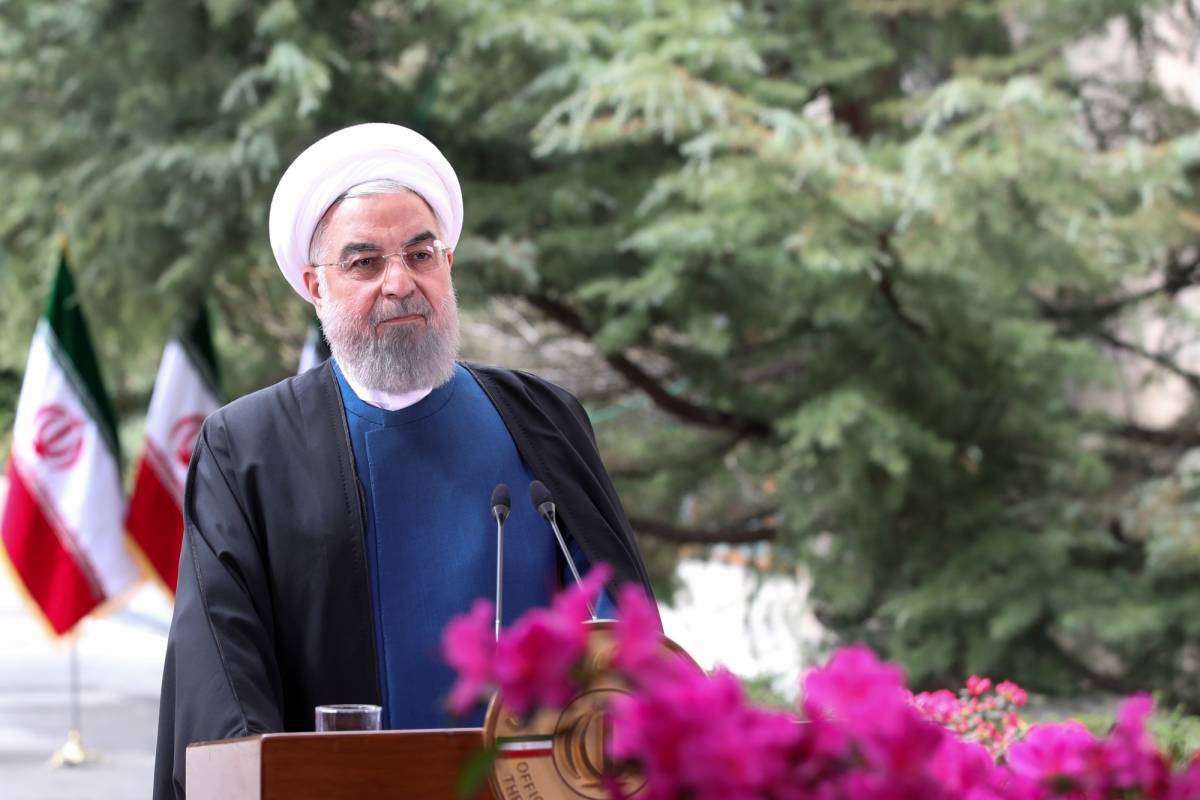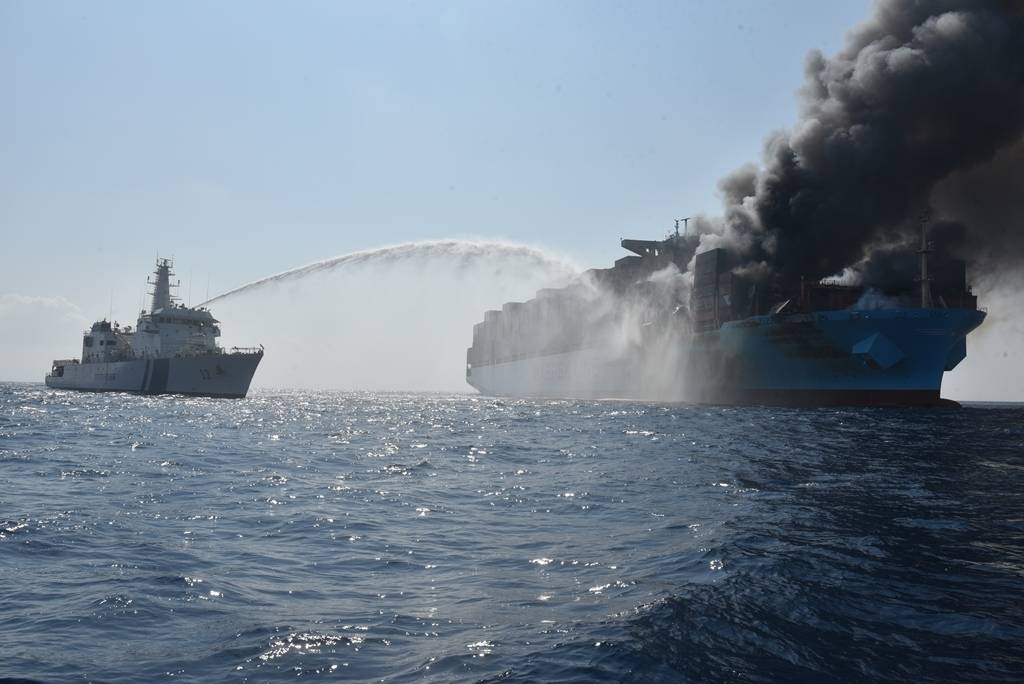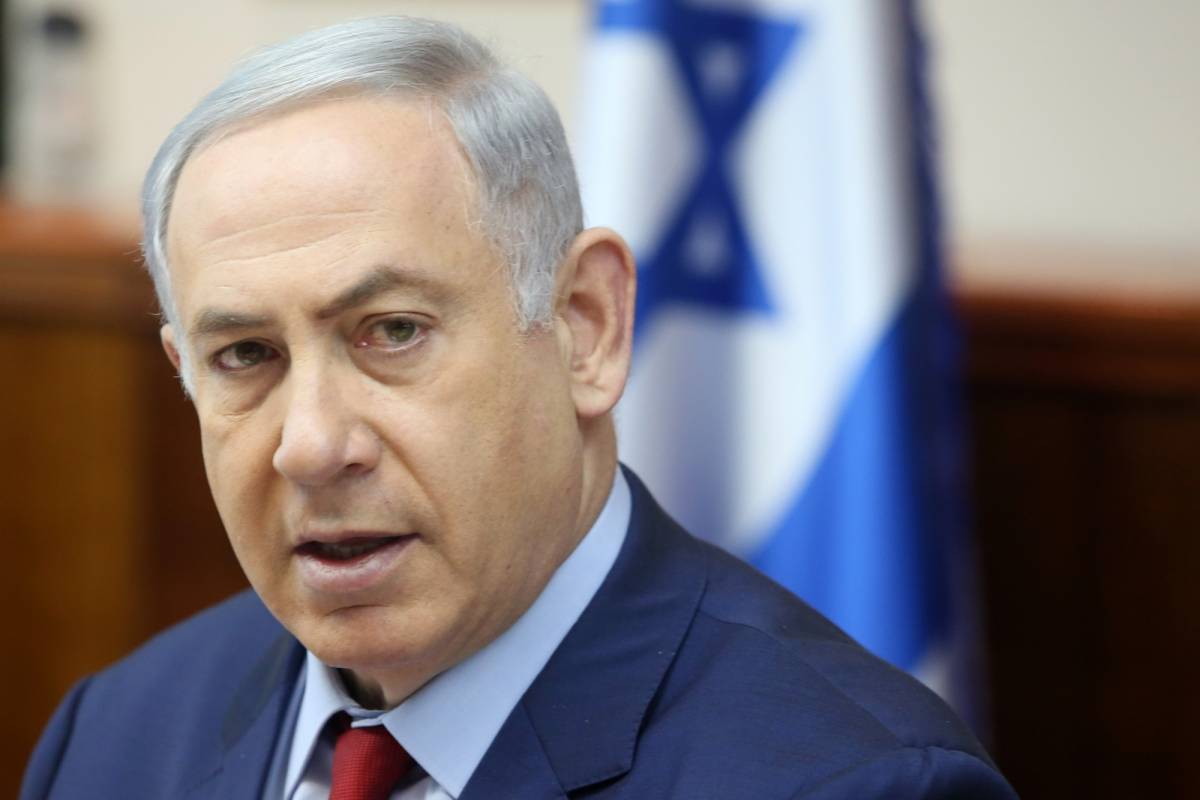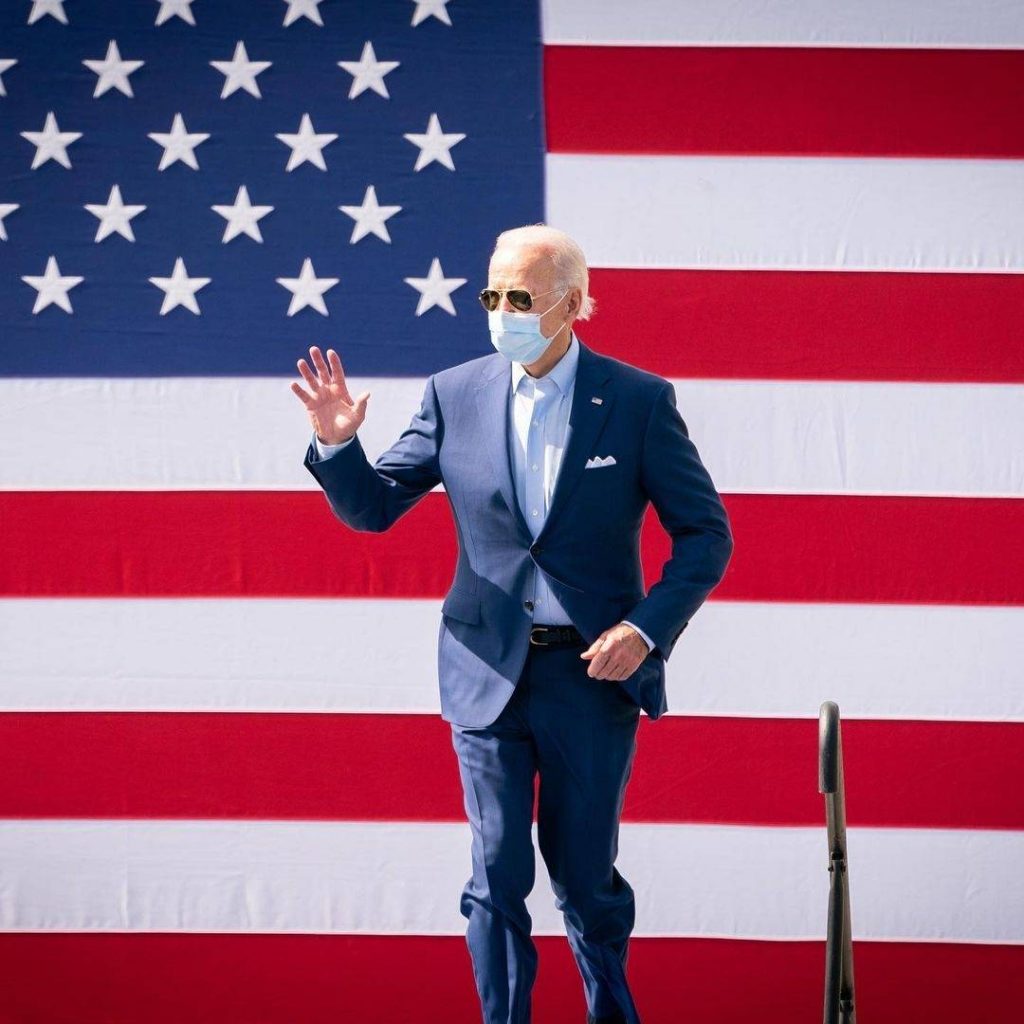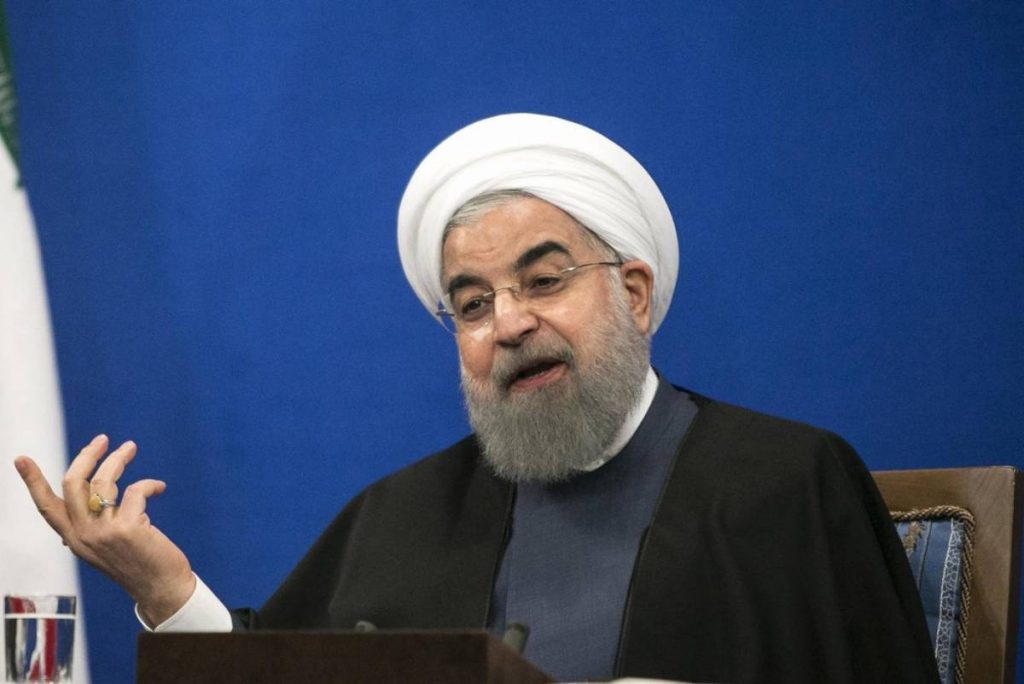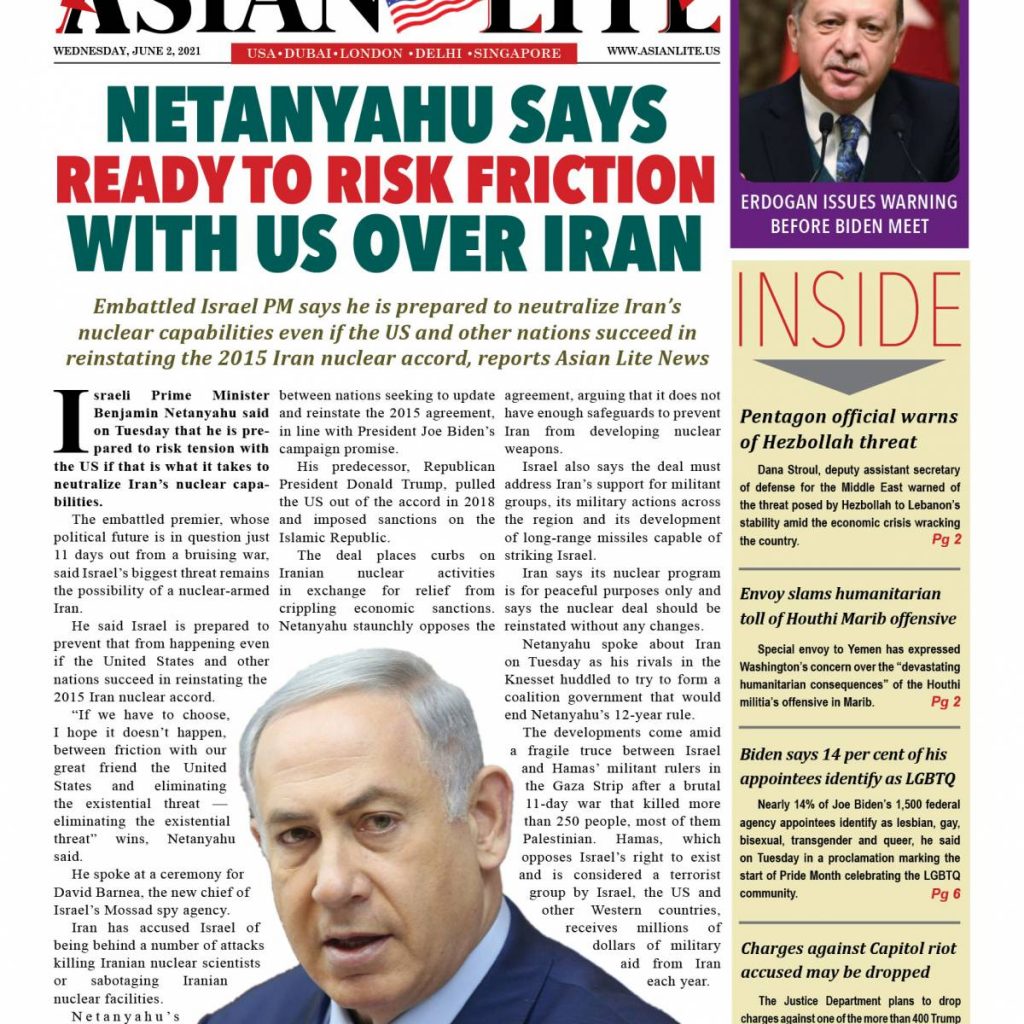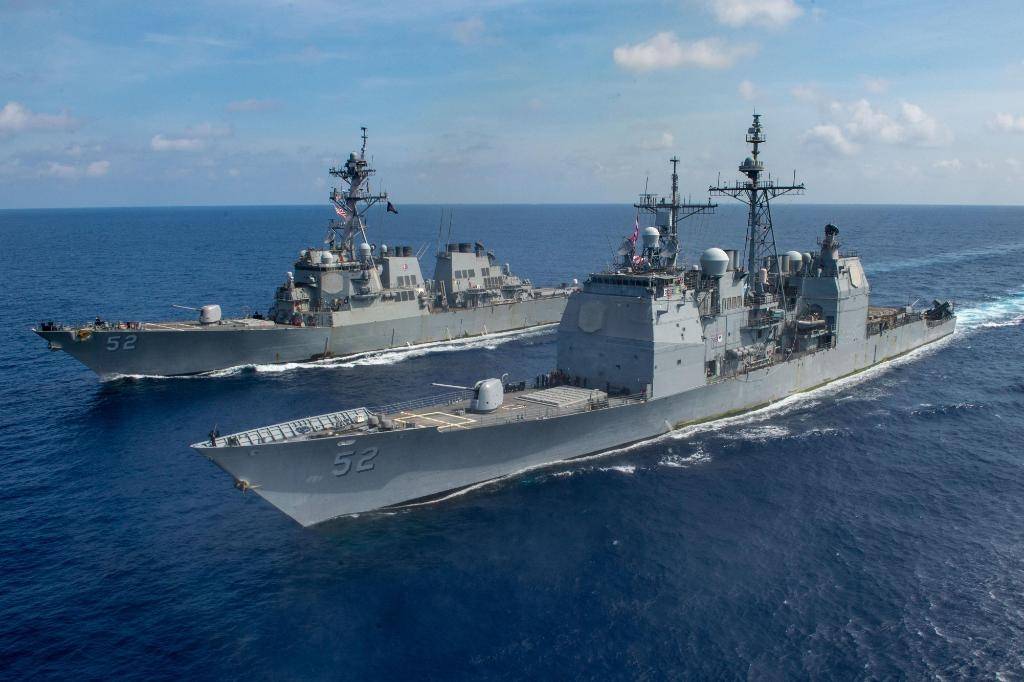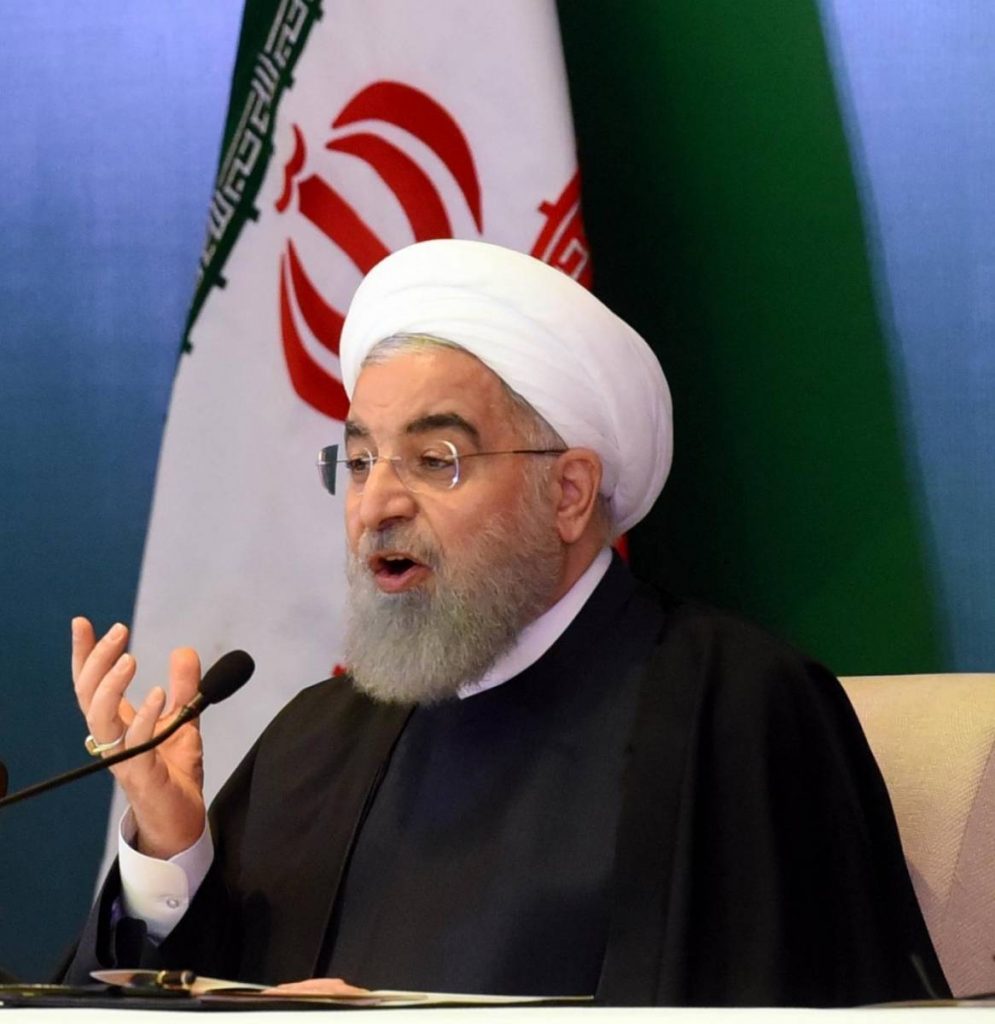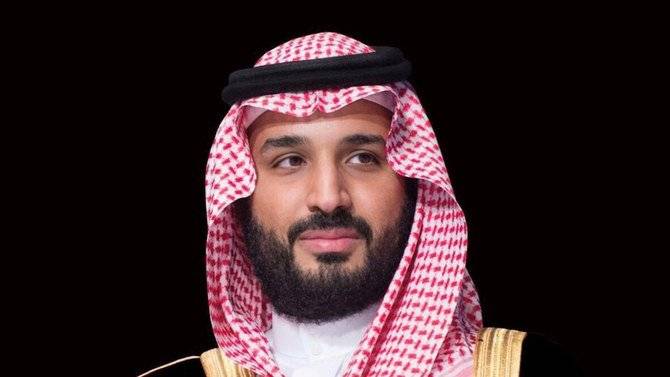It is said that the schools were unauthorized and were teaching only Iranian curriculum to students and excluding Pakistan curriculum….reports Asian Lite News
Pakistan has shut down eight Iran-sponsored schools in Balochistan’s capital Quetta, adding that these schools were unauthorised and teaching foreign curriculum.
Quetta Assistant Commissioner Muhammad Zohaib-ul-Haq said that the schools were unauthorized and were teaching only Iranian curriculum to students and excluding Pakistan curriculum.
Gulf News reported that six schools were sealed last week and two more shut on June 14. As per local authorities, the school management and teachers were Iranian nationals and they were teaching a foreign syllabus, which was “in violation” of the country’s law.
“Textbooks discovered contain only subjects pertaining to Iran’s history, geography and sociology [and] not Pakistan’s,” the Balochistan official said in a tweet.
The textbooks were written in the Persian language. The schools, located in Kirani road and Hazara town areas, were operating “illegally without registration” with the Balochistan education department, Zohaib said.
ALSO READ: Iran offers India port of Jask
Shabbir Ahmed, monitoring and evaluation director of Balochistan Education Foundation (BEF), said that two more schools are being investigated for teaching a foreign curriculum and operating without official authorisation.
The institutions, including both primary and high schools enrolling hundreds of students, were established in 1991 under a Memorandum of Understanding signed between the provincial education department and the school administration.
Balochistan is Pakistan’s largest but most sparsely populated province. The security issues, wide geographical spread, scattered communities, lack of school infrastructure and weak monitoring mechanism are some of the key challenges faced by the provincial education sector that resulted in ghost schools and the highest ratio of out-of-school children in the country. (ANI)
ALSO READ: Blinken says sanctions on Iran to remain in place

